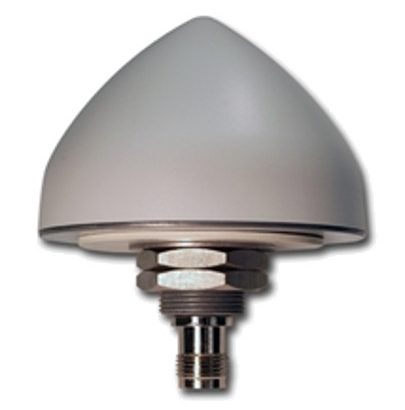

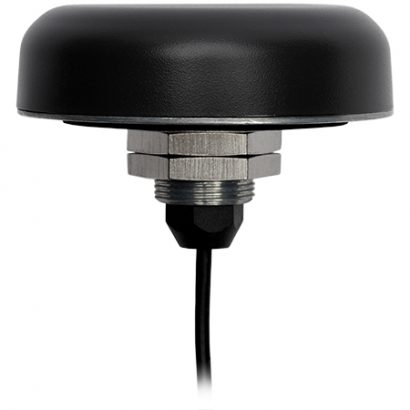
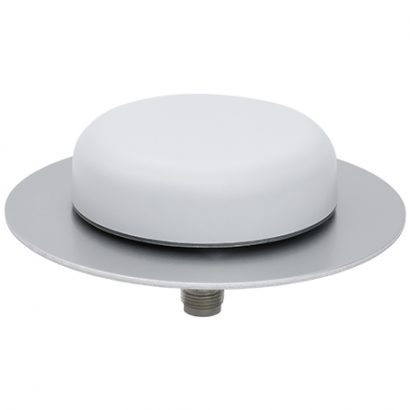
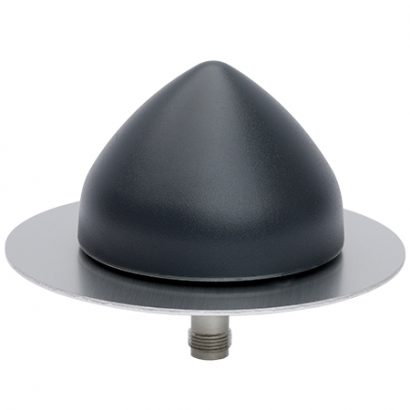
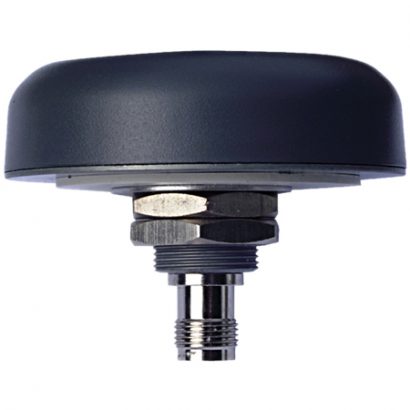
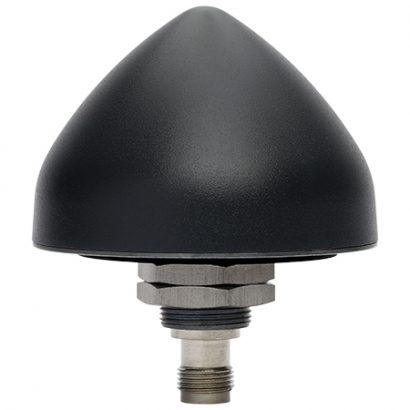
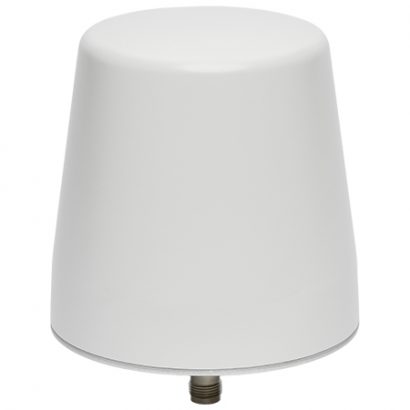
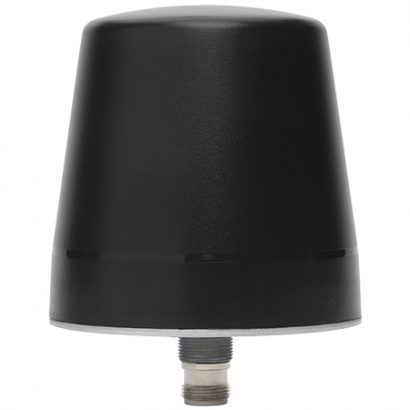
TW3752 Single Band GNSS Antenna
Antennas
Coverage
GPS L1, GLONASS G1, Galileo E1, BeiDou B1
Mount
Through-Hole
Amplifier Gain
50 dB typ.
Connector Options
Many Options, Please Inquire
Overview
The TW3752 employs Calian’s unique Accutenna® technology, covering GPS/QZSS L1, GLONASS G1, Galileo E1, BeiDou B1, as well as SBAS (WAAS/EGNOS/MSAS).
Features
- Great axial ratio: 1 dB typ.
- Low noise LNA: < 2.5 dB typ.
- Triple High rejection SAW filter
- High gain LNA: 50 dB typ.
- Low current: 30 mA typ.
- Wide voltage input range: 2.7 to 26 VDC
- IP69K, REACH, and RoHS compliant
Benefits
- Great out of band rejection
- Excellent multipath rejection
- Excellent circular polarisation
- Excellent signal to noise ratio
- Increased system accuracy
- Ideal for harsh environments
Details
Ideal for high-density, telecommunications tower timing applications, where high levels of near-out-of-band interfering signals are common, the TW3752 provides excellent circular polarized signal reception, great multi-path and out-of-band signal rejection. Additionally, with a high gain Low Noise Amplifier (LNA) of 50 dB, the antenna is able to support long cable runs often necessary for tower installation.
The TW3752 features a customizable dual-feed, wide-band patch element, with a three-stage Low Noise Amplifier (LNA), and provides an excellent axial ratio that is constant across the full frequency, superb phase linear response and tight phase centre variation.
The TW3752 also includes an LNA pre-filter, providing enhanced protection against high level sub-harmonic signals like LTE and near frequency signals such as WiFi.
The TW3752 is housed in a permanent mount industrial grade weather-proof enclosure, available in conical or flat radome styles and in grey or white colours. Two options for pole mounting are available an L-Bracket or a Pipe Mount.
To minimize performance impact from signal jamming threats, the TW3142 is compatible with Calian’s Anti-Jamming add-on, which modifies the radiation pattern of the GNSS antenna to eliminate signals arriving from -10° to +15° from horizon, while slightly increasing the gain of the antenna at zenith.
